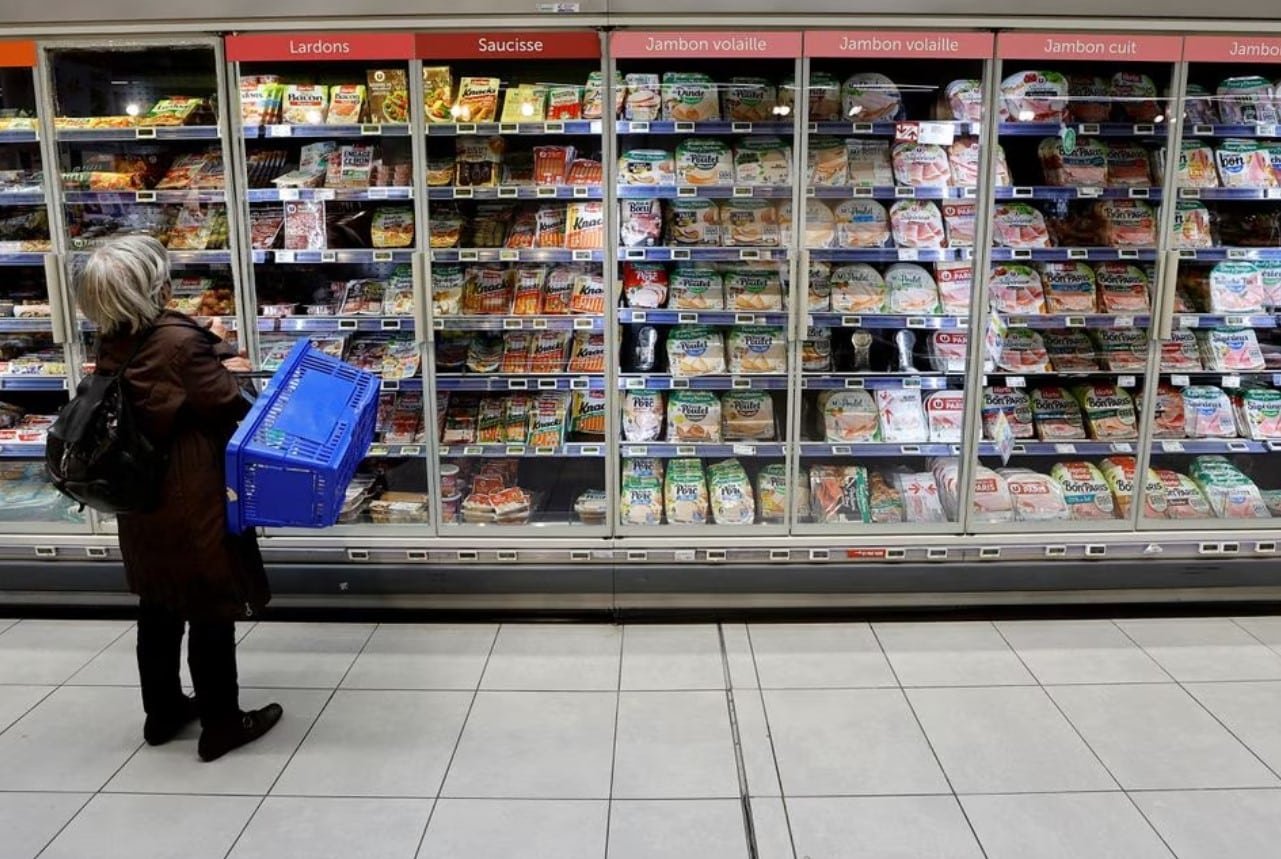The rate of inflation was down to 1.9 per cent in June, according to the latest figures released by the statistical service. In May it was 3 per cent, which suggests the rate of increase of prices has slowed down. And when this is compared with the 9.6 per cent inflation rate of June 2022, it could be said that the worst is over.
While this is a positive development it will be of no consolation to people who have had to contend with rising prices since the summer of 2021, as a consequence of the pandemic and lockdowns – during which governments were in effect printing money. The lockdowns also wreaked havoc with supply chains and the invasion of Ukraine by Russia caused an energy crisis which boosted the rate of inflation everywhere.
The inflation rate may have slowed down, but prices remain high and are unlikely to fall any time soon. All that the new rate tells us is that the rate at which they have been rising has slowed down. Over the last year – since June 2022 – for example, the range of price increases of foodstuff is between 10 and 20 per cent. In June 2022 there had been annual price increases on a similar level, putting household incomes under terrific strain.
With wages remaining constant from 2021 – except for those of public sector workers who also received increased CoLA – the disposable income of most people has been squeezed. Add to this the increase in interest rates and it becomes apparent that living standards have been on a downward path. For the last two years. According to the politicians, things will only get worse from this month with the government having ended the subsidy of electricity bills and reduction of the consumer tax on fuel.
The government has come under strong criticism for this decision but said that public finances did not allow these measures to continue, a position which is difficult to argue with; measures are now targeted at the most vulnerable households. It has also reduced VAT on essential items, but this has made little difference, offering no relief to consumers.
The reality, despite the rhetoric of parties like Akel, is that there is very little, if anything, that the government can do to improve things. People will have to learn to cope with less disposable income for the foreseeable future, even though for low wage earners this will be an extremely difficult time. The government may have to consider more support measures for these groups because the effects of inflation are unlikely to ease any time soon.






Click here to change your cookie preferences